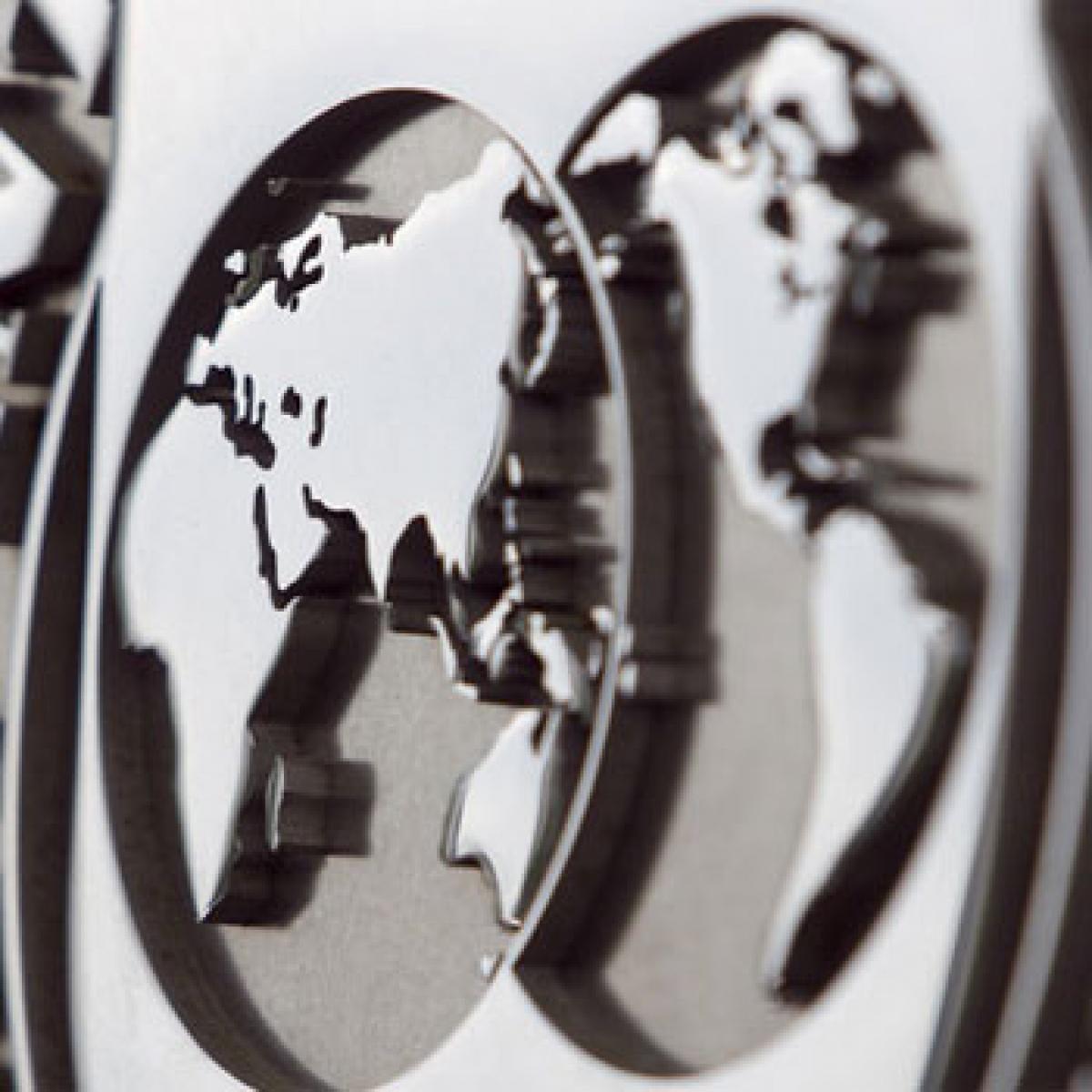Live
- State-level LIMES-2k24 inaugurated
- UP to establish ‘Har Ghar Jal’ village at Mahakumbh 2025
- NDA needs support of 361 LS MPs: Cabinet gives nod to bill for 'one nation one election'
- Kejriwal woos women voters with Rs 2100
- Transforming leftovers: 2 innovative recipe ideas
- MLA seeks shipbuilding industry at Chinnaganjam
- Papon marks 20 years in music: A journey of soulful versatility
- Jasleen Royal to collaborate with Coldplay at ‘Music of the Spheres World Tour’
- Must-Have Jackets for the Modern Man’s Winter Closet
- Dharani Portal Services Suspended for Four Days Across Telangana
Just In

Reforming International Monetary Fund (IMF) that represents western hegemony on global money is a happy augury for emerging economies like India. Despite these reforms, the Bretton Woods twins still remain firmly under the western dominance much to the chagrin of the developing economies.
Reforming International Monetary Fund (IMF) that represents western hegemony on global money is a happy augury for emerging economies like India. Despite these reforms, the Bretton Woods twins still remain firmly under the western dominance much to the chagrin of the developing economies.
The IMF and the World Bank are accused of mandating a uniform structural adjustment programme that fails to appreciate the concrete conditions prevailing in the developing world. For instance, the macroeconomic stabilisation programme imposed by these international financial institutions does not allow the countries receiving funding from them to provide for any sort of succour to the poor.
On the contrary, experience of developing economies reveals the vital importance of providing such a protective freedom in the form of social safety nets for the weak and the vulnerable. The IMF-inspired economic policy regime proved to be a disaster across the nations like India, South Korea, Thailand,
Argentina etc., casting serious doubts on the theoretical and practical relevance of the economic model imposed by these institutions. The IMF suggests a fiscal austerity regime seriously shrinking the domestic demand, further landing these economies in perpetual crisis.
Even the free market advocates have now realised the importance of public investment even to spur private initiative and trigger domestic demand, which is vital to bring these economies out of recession.Frustrated by the policy prescription of the IMF–World Bank duo, emerging economies started looking towards external commercial borrowings, like private debt and bond market.
In fact, in the recent past, the IMF and the World Bank are becoming net recipients of funds from developing countries, as repayments far exceed fresh loans, indicating their gradual irrelevance. The international financial architecture is witnessing initiatives like BRICS bank as an alternative to the Fund-Bank economics.
All this has compelled the IMF to initiate reforms, however disinclined it may be. Still the reformed IMF does not truly reflect the changing global economic landscape. The intellectual bankruptcy of IMF is evident from the fact that it refuses to alter its world view despite its own research illustrating the lapses in its economic thinking. Going to IMF has become politically explosive in countries like India, inviting devastating political consequences.
Yet another popular criticism against the IMF is its duplicity in putting forth solutions to economic travails in the developed and the developing nations. For instance, in the wake of global recession, the IMF suggested fiscal expansion for the richer countries, but imposed policies of fiscal contraction in the name of fiscal discipline for the developing economies.
Thus, the IMF prescription turned out to be a bitter medicine for countries in Asia, Africa and Latin America struggling to revive their flagging economies. Therefore, the immediate task is not to just reform to increase the quotas and voting share for countries like India and China.
A radical restructuring of IMF governance structures and policy thinking is needed to make it relevant to the contemporary international economic order. The emerging multi-polarity in global polity and economy makes this change inevitable for not only the relevance but even the survival of IMF or World Bank.

© 2024 Hyderabad Media House Limited/The Hans India. All rights reserved. Powered by hocalwire.com







